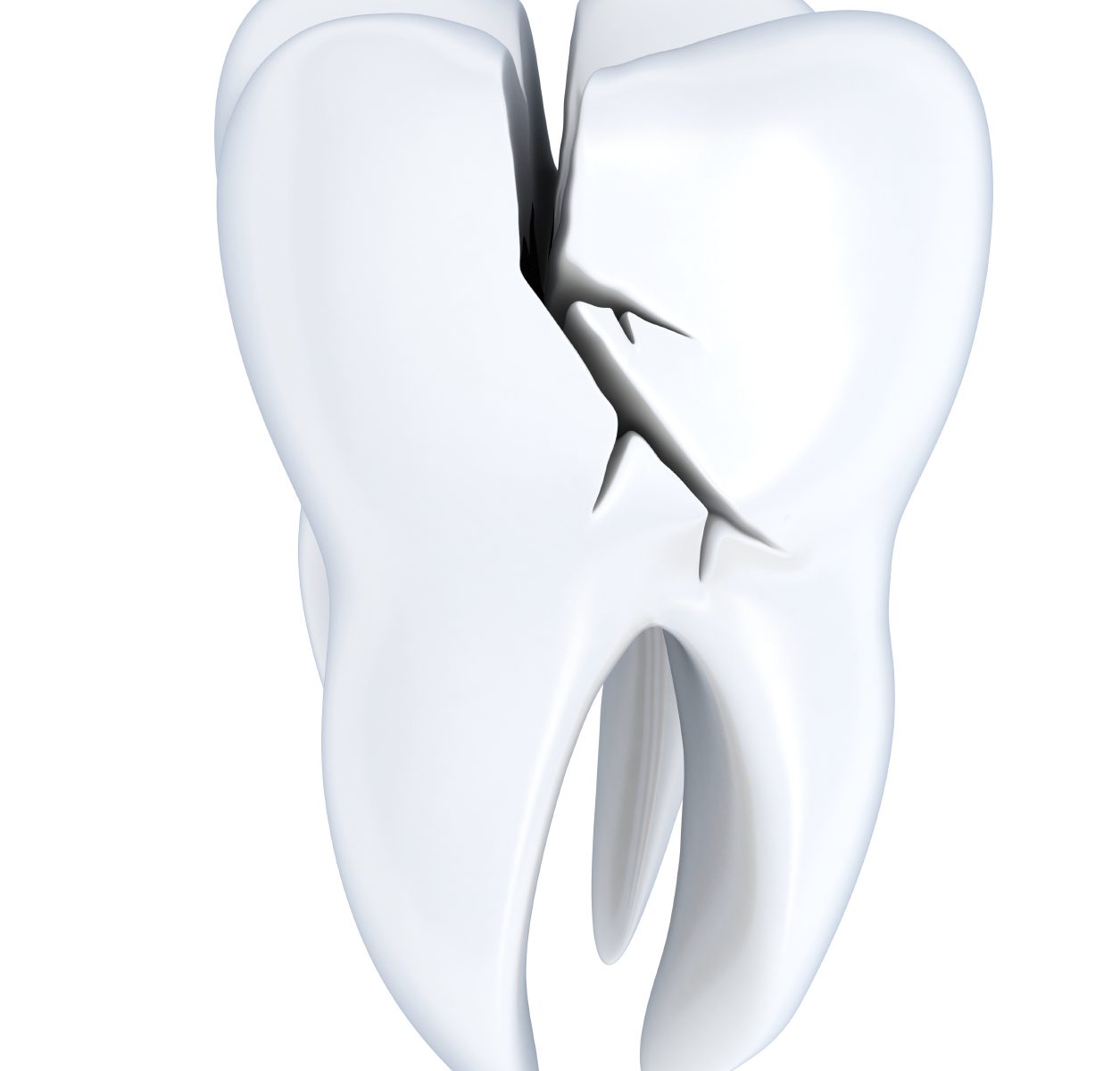It’s important to remember that your dentist is on your team; they are open to answering your questions with knowledge and experience. If you have any concerns about your teeth, gums, jaw, or are experiencing any pain it is important to share them during your next dental visit. It’s easy to turn to the internet for answers to these concerns, but lifestyle habits among other things are factors your dentist can consider with you.
Many people are timid about regular cleanings and check-ins, but they help you notice warning signs sooner. Here are some ways you can prepare for your next dental visit to get the most out of it.
If any of the following apply to you, it is important to discuss them with your dentist before they potentially get worse:
- Bleeding gums
- Sores in the mouth that do not heal
- Sensitivity or pain
- Clenching your jaws
- Grinding your teeth
- Problems with brushing or flossing
It’s also important to share medical and lifestyle changes. For example, the reduction or increase in medication use or consumption of coffee or nicotine, are important to let your dentist know about. These seemingly nominal changes can have a huge impact on your oral health over time. The acid in coffee may weaken your enamel over time, where as reducing consumption may allow it to remain in tact. The potential impact of nicotine from cigarettes or chewing tobacco on your oral health is another important thing to share so your dentist can look for signs of change.
To schedule an appointment, or discuss any concerns you may have, call us at 702-735-2755 or visit us online at www.patricksimonedds.com today.
Dr. Patrick Simone proudly serves patients from Henderson and all surrounding areas.



